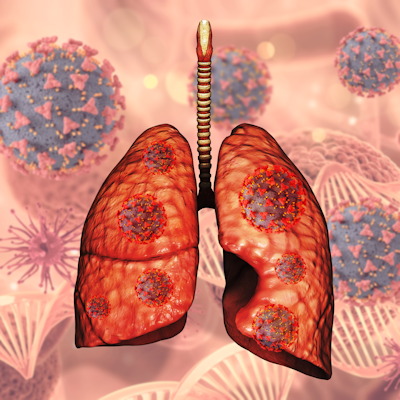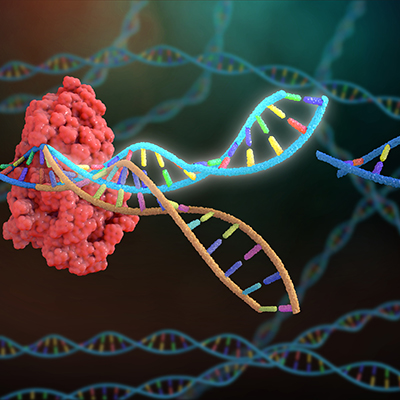August 25, 2022 -- The use of CRISPR knockout screens have uncovered a new regulator of immunity that could enhance the function and persistence of anticancer T-cell therapies.
Researchers at the University of California, San Francisco (UCSF) and Gladstone Institutes used a set of CRISPR screens that allowed them to individually turn off each gene in the genome in a pool of human T cells. They discovered a gene -- RASA2 -- not previously known to regulate immunity that could make T cells more resilient.
In their study, published on August 24 in the journal Nature, the researchers describe the discovery that RASA2 may unlock the power of treatments such as CAR T-cell therapies. RASA2-deficient T cells showed increased activation, cytokine production, and metabolic activity compared with control cells.
In mice xenografted with either liquid or solid tumors, the enhancements to function and persistence of CAR T-cell therapies translated into prolonged survival, suggesting that RASA2 may enable researchers to address one of the limitations of existing treatments.
"We've succeeded in engineering better, stronger, longer-lived T cells that we think will improve treatment of both blood and solid cancers," Dr. Alex Marson, PhD, professor of medicine at UCSF, said in a statement. "It's an example of how we're using the power of CRISPR to accelerate the design of improved T-cell therapies." Marson led the study with Alan Ashworth, PhD, president of the UCSF Helen Diller Family Comprehensive Cancer Center.
CAR T cells have transformed the treatment of some hematological cancers, but the modality is yet to become established against solid tumors, in part because of the immunosuppressive environment that surrounds them. Over time, persistent exposure to antigen can lead to T-cell dysfunction, weakening the treatment and thereby lessening its long-term impact on health outcomes.
Multiple groups are looking for genes that, when manipulated, can boost the efficacy of cell therapies. In the Nature paper, the UCSF and Gladstone Institutes collaborators explain how they tackled the problem by running multiple genome-wide CRISPR knockout screens in different immunosuppressive conditions. The screens identified RASA2, a RAS GTPase-activating protein, as a signaling checkpoint.
The researchers found that RASA2 "is downregulated upon acute T-cell receptor stimulation and can increase gradually with chronic antigen exposure," leading them to assess the impact of knocking out the gene on the performance of cell therapies. In vitro tests found RASA2-deficient T cells had increased activation, cytokine production, and metabolic activity compared with control cells.
Encouraged by the findings, the team tested RASA2-knockout CAR T cells in a mouse model of leukemia, revealing the cells had a fitness advantage over the control cells in the bone marrow. The knockout cells then proved themselves against solid tumors, significantly slowing tumor growth and prolonging survival compared with control CAR T cells in an osteosarcoma model. Mice that cleared their tumors held off a rechallenge with cancer cells at day 174. The team is now assessing the safety of the approach.
"By knocking out one individual gene, we've created cells that are not just potent tumor cell killers but also more persistent killers over a long period of time," said Dr. Julia Carnevale, assistant professor of medicine at UCSF and a corresponding author on the study.
Copyright © 2022 scienceboard.net









